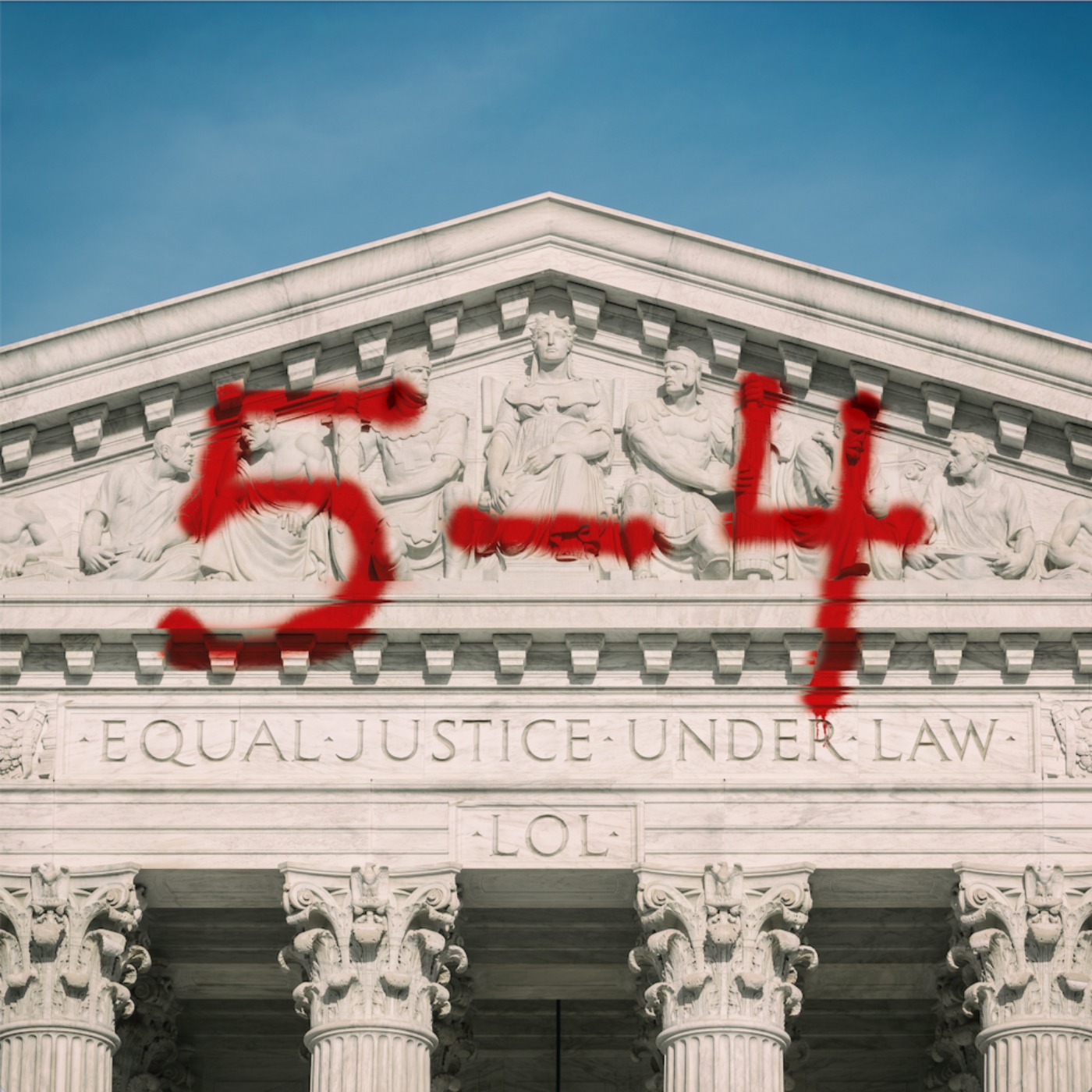Murphy v. NCAA
You may have noticed that sports betting apps have taken over the world in just a few short years. Blame the Supreme Court.
You can subscribe to 5-4 Premium on Patreon, Apple Podcasts, or Spotify.
5-4 is presented by Prologue Projects. This episode was produced by Dustin DeSoto. Leon Neyfakh and Andrew Parsons provide editorial support. Our researcher is Jonathan DeBruin, and our website was designed by Peter Murphy. Our artwork is by Teddy Blanks at Chips NY, and our theme song is by Spatial Relations.
Follow the show at @fivefourpod on most platforms. On BlueSky, find Peter @notalawyer.bsky.social, Michael @fleerultra.bsky.social, and Rhiannon @aywarhiannon.bsky.social.
Hosted on Acast. See acast.com/privacy for more information.
Advertising Inquiries: https://redcircle.com/brands
Press play and read along
Transcript
Transcript is processing—check back soon.

